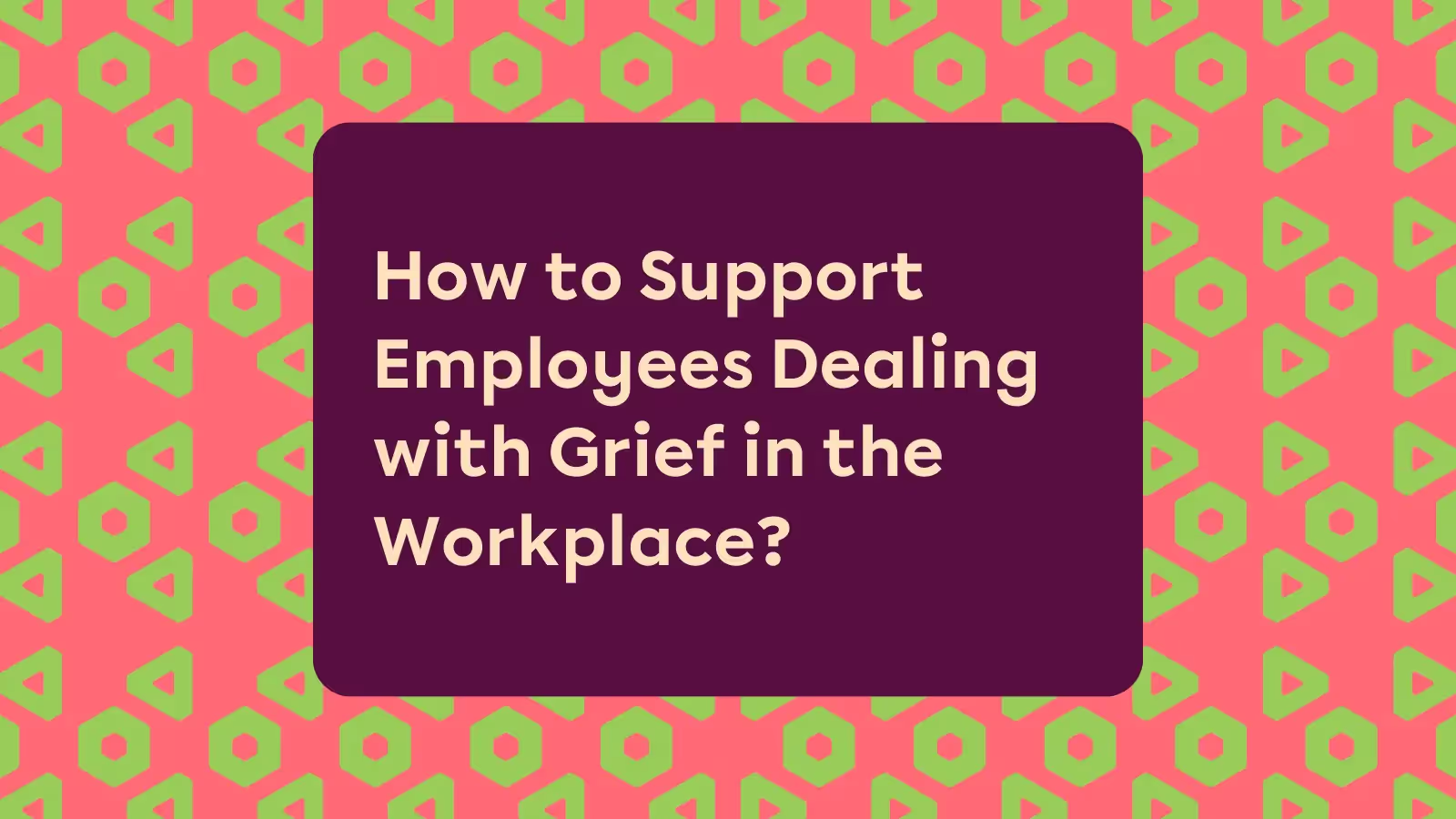As an employer, it is your responsibility to ensure a safe and respectful workplace for your employees. Workplace bullying can lead to decreased productivity, increased absenteeism, and high turnover rates. That's why it's important for companies to have anti-bullying policies in place. In this article, we'll discuss the importance of anti-bullying policies at the workplace, what they should include, and the top 10 anti-bullying quotes to inspire you to create a positive workplace culture.
Why are Anti-Bullying Policies Important?
Anti-bullying policies are crucial for creating a safe and respectful workplace culture. They help prevent bullying from occurring in the first place, set clear expectations for behavior, and provide a framework for dealing with incidents of bullying.
What Should This Policy Include?
An effective anti-bullying policy should be comprehensive and include a clear definition of bullying behavior, a statement of zero-tolerance for bullying, a reporting mechanism, a clear process for investigating and addressing complaints, and consequences for bullying behavior.
Top 10 Anti-Bullying Quotes
"The only way to deal with bullies is to stand up to them."
- Keisha Knight Pulliam
"Bullying is never fun, it's a cruel and terrible thing to do to someone. If you are being bullied, it is not your fault. No one deserves to be bullied, ever."
- Raini Rodriguez
"Bullying is a cowardly act. It's easy to bully someone when they aren't looking or when they can't fight back."
- Ronda Rousey
"No one heals himself by wounding another."
- St. Ambrose
"Bullying builds character like nuclear waste creates superheroes. It's a rare occurrence and often does much more damage than endowment."
- Zack W. Van
{{people-success-kit="/web-library/components"}}
"Courage is fire, and bullying is smoke."
- Benjamin Disraeli
"Bullying is not just about physical violence, it's also about psychological violence - the kind of violence that leaves scars on the soul."
-Julia Gillard
"Bullying is a learned behavior. It's up to us to teach our children how to be kind and respectful to others."
- Caroline Kennedy
"One's dignity may be assaulted, vandalized, and cruelly mocked, but it can never be taken away unless it is surrendered."
- Michael J. Fox
"The way we treat people we don't understand is a report card on what we've learned about love, compassion, and kindness."
-Marc Chernoff
[[cta-banner-5]]
How to Create an Effective Anti-Bullying Policy
Creating an effective anti-bullying policy requires a commitment from leadership to foster a culture of respect and inclusivity.
Start by educating employees about what constitutes bullying behavior and why it's important to create a safe and respectful workplace culture. Involve employees in the creation of the anti-bullying policy and provide resources for reporting incidents of bullying. Train managers on how to respond to incidents of bullying and follow through on consequences for bullying behavior.
In conclusion, anti-bullying policies are crucial for creating a safe and respectful workplace culture. By defining what constitutes bullying behavior, setting clear expectations for behavior, providing resources for reporting incidents, and enforcing consequences for bullying behavior, you can create a workplace culture that values and respects all employees.
FAQ
Q. How can employers effectively train their staff to recognize and respond to bullying in a way that supports victims and holds bullies accountable?
A. Employers should organize workshops led by experts in workplace behavior. These sessions should cover identifying subtle forms of bullying, empathy training, and conflict resolution techniques. Role-playing scenarios can be effective. They simulate real-life situations, teaching staff to respond appropriately. Feedback and open discussions should follow. This ensures everyone understands the gravity of bullying and their role in preventing it.
Q. What role do employees have in enforcing anti-bullying policies, and how can they be encouraged to actively participate in creating a bully-free workplace?
A. Employees are crucial in maintaining a bully-free workplace. They should be encouraged to speak up against bullying, without fear of reprisal. Creating an anonymous reporting system can help. Regular meetings where employees share concerns and solutions foster a collective responsibility. Recognition for those who positively contribute to the workplace culture encourages participation. Thus, every employee plays a part in enforcing the anti-bullying policy.
Q. Are there any recommended steps or best practices for handling a situation where the bully is in a position of power, such as a manager or senior leader?
A. When dealing with bullying by someone in power, a clear and confidential reporting mechanism is essential. Employers should establish a third-party investigation process to ensure impartiality. Training on power dynamics is necessary for all levels, including senior leadership. Creating a culture where feedback is valued over hierarchy can prevent power abuse. Therefore, handling such sensitive cases with transparency and fairness is crucial for trust in the workplace.
.avif)










.avif)














